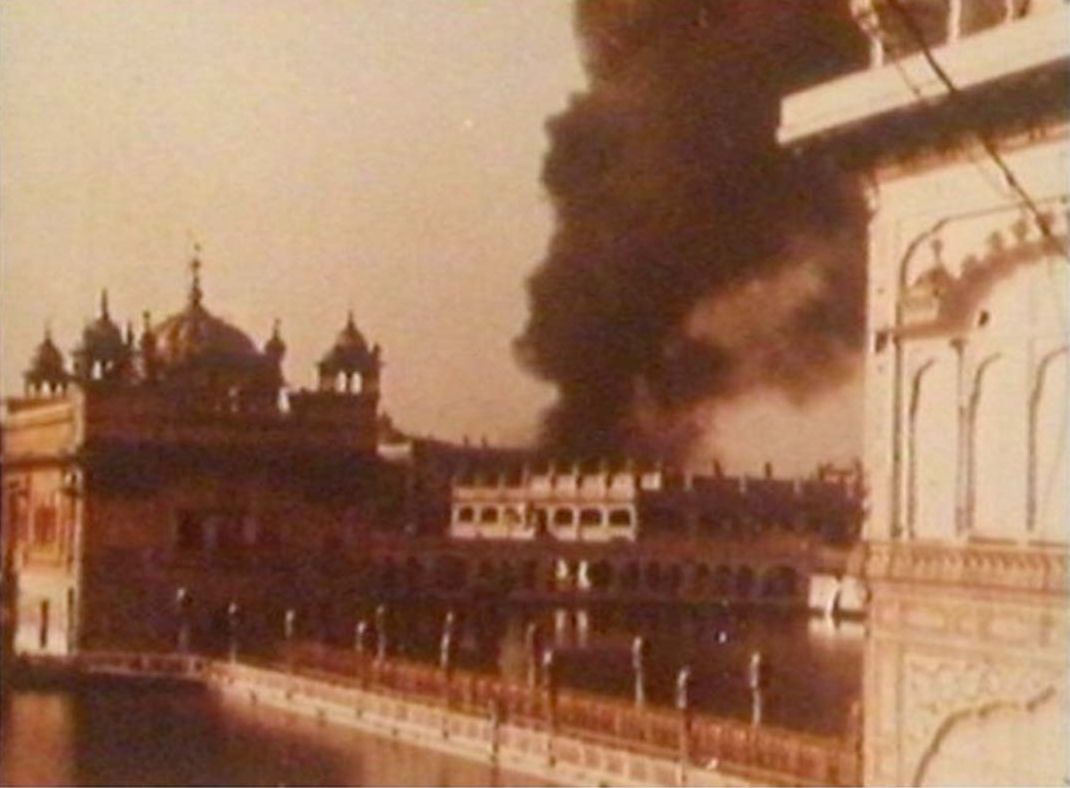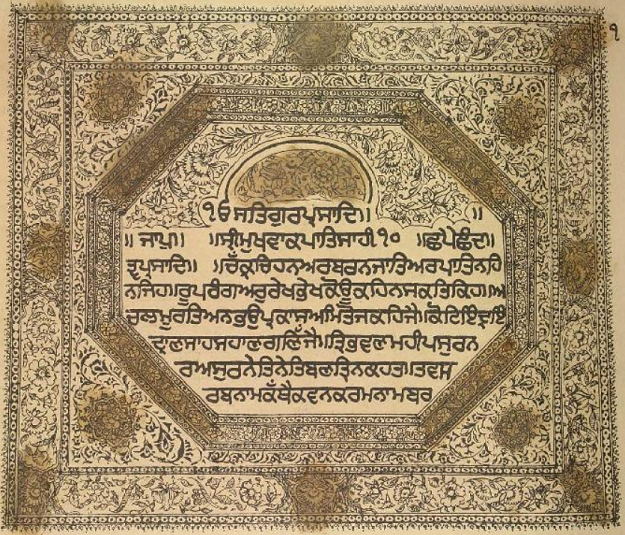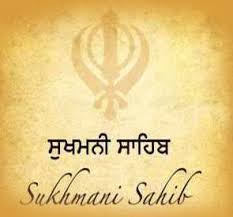
Ottawa – The World Sikh Organization of Canada (WSO) expresses disappointment and frustration with the decision of the Delhi Court closing the case of Jagdish Tytler, a primary accused in the 1984 anti-Sikh massacre and prominent Indian politician. Yesterday’s decision by the Delhi Court once again exposes India’s inept judicial system which has failed to convict a single organizer of the November 1984 anti-Sikh massacre.
The Delhi Court’s decision flies in the face of the findings of numerous inquiries that for the past 25 years have called for Mr. Tytler to be tried for his alleged involvement in the massacre of Sikhs in November 1984. In August 1993 the Jain Aggarwal Committee first recommended registering a case against Mr. Tytler, followed by a similar recommendation by the Narula Committee in January 1994. Most recently, in 2005, the Nanavati Commission found ‘credible evidence’ against Mr. Tytler, stating that he ‘very probably’ had a hand in organizing the November 1984 violence.
For over 25 years, the victims of the 1984 anti-Sikh massacre have waited for justice. Instead of trying those accused of leading the mobs that burnt thousands of Sikhs alive, the Indian judiciary has protected the guilty who continue to hold leading positions in the ruling Congress Party of India. Those implicated in leading the violence include prominent Congress politicians, Mr. Tytler, Sajjan Kumar and Indian Roadways Minister Kamal Nath who recently visited Canada in March.
This decision by the Delhi Court confirms the observations of New York Times reporter Lydia Polgreen who stated in her article “Indian Justice Inches Closer to Justice” published on Sunday April 25, 2010, “Governments in New Delhi have been reluctant to even acknowledge, much less punish, acts of mass violence.” Ms. Polgreen went on to say, “Regarding the violence in 1984…the government created endless blue-ribbon panels to produce doorstop-thick reports on each episode, but none have produced convictions or even administrative sanctions against the most senior of the accused. Indeed, mass killings have been treated as the kind of regrettable but ultimately understandable tragedies that are inevitable in a diverse nation.”
It is ironic that this latest decision by the Delhi Court comes in the wake of yesterday’s statement in the Canadian House of Commons by MP Deepak Obhrai that “India is the world's largest multicultural democracy. It also has a well established legal process.”
WSO’s senior policy advisor Gian Singh Sandhu said today, “This is just another example of how India’s judicial system is dysfunctional and does not work for India’s minority communities. Rather than continuing its campaign to smear all those who call for accountability and justice as ‘extremists’ or ‘separatists’, India should focus on improving its human rights record. The real shame is that instead of pressing for accountability, Canada, which prides itself for championing human rights, has bought into the hype generated by the Indian government. Canadians must recognize that this is not how democracies or ‘well established judicial’ systems operate.”
WSO President Prem Singh Vinning said, “sadly this decision by the Delhi court was hardly unexpected. It’s just part of the pattern we’ve seen in India for over 25 years. The timing of Mr. Obhrai’s statement in the House of Commons yesterday praising India’s judicial system as ‘well established’ is rather disingenuous. A well established judicial system would not be protecting killers and those responsible for leading the 1984 anti-Sikh massacres. Sikhs in Canada and across the world will continue to demand justice for all victims of human rights abuses in India.”
Please note, Pathic.org is not responsible for the contents of the press releases published on this site.
Press releases are provided as a public service only.











